Concept







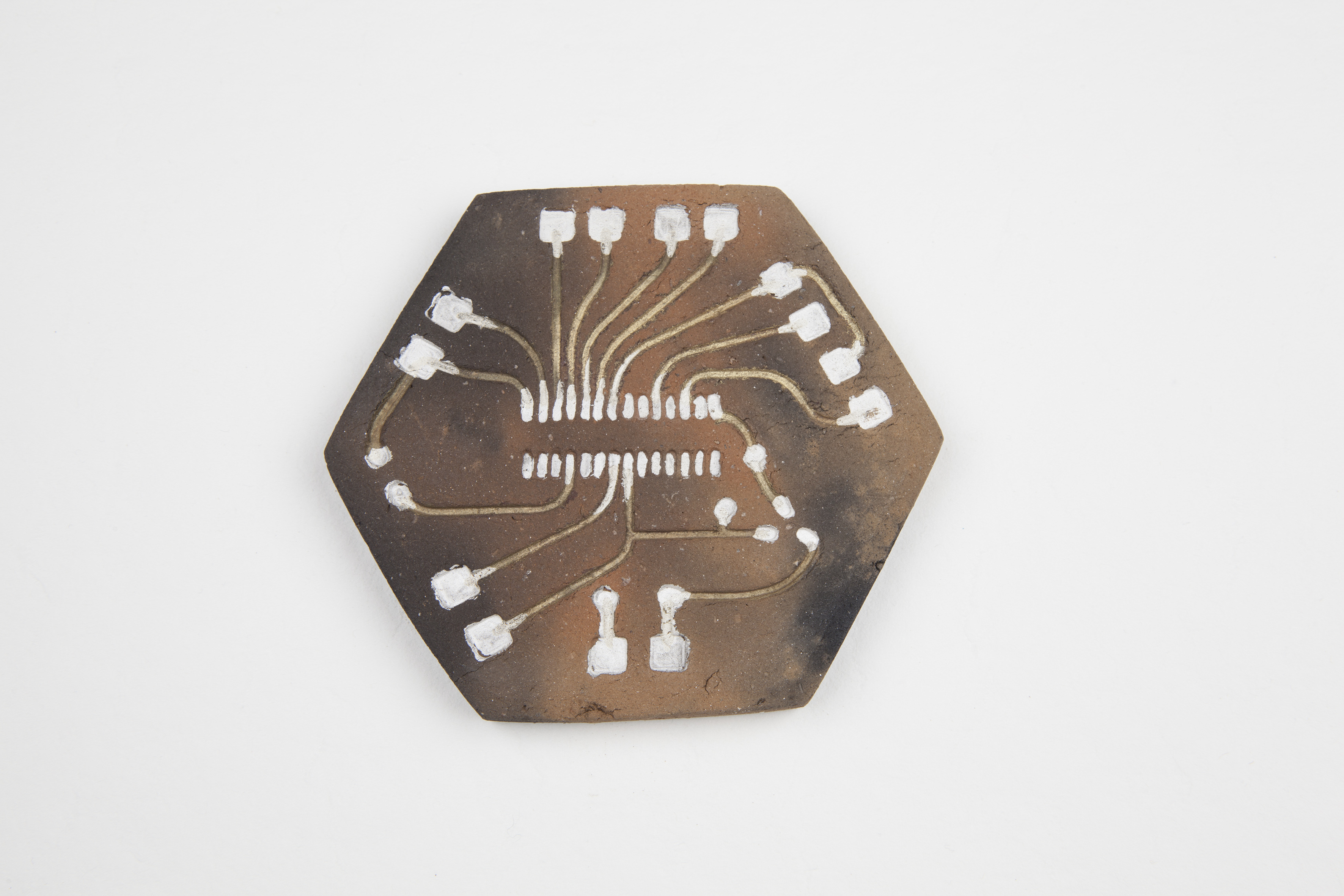

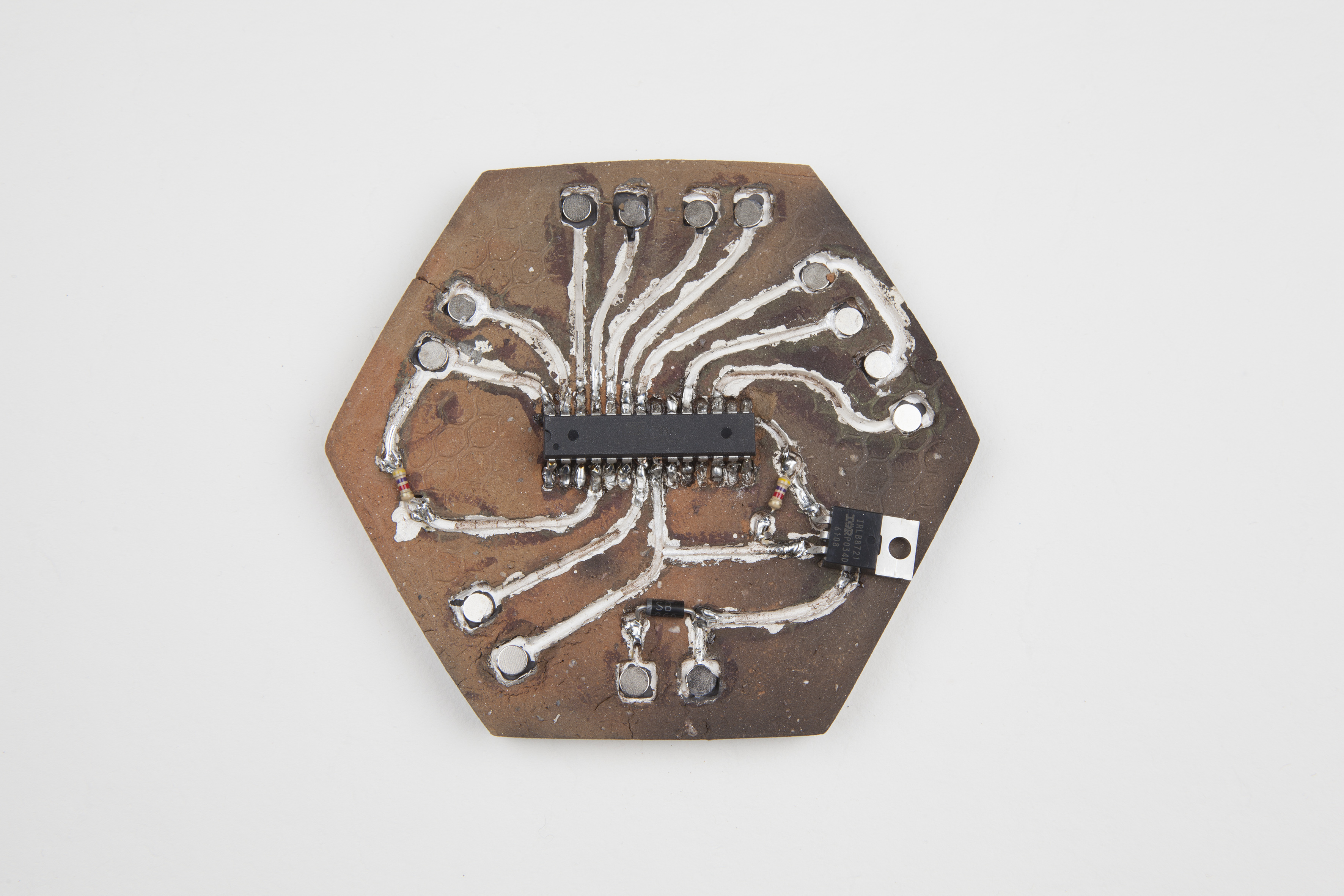

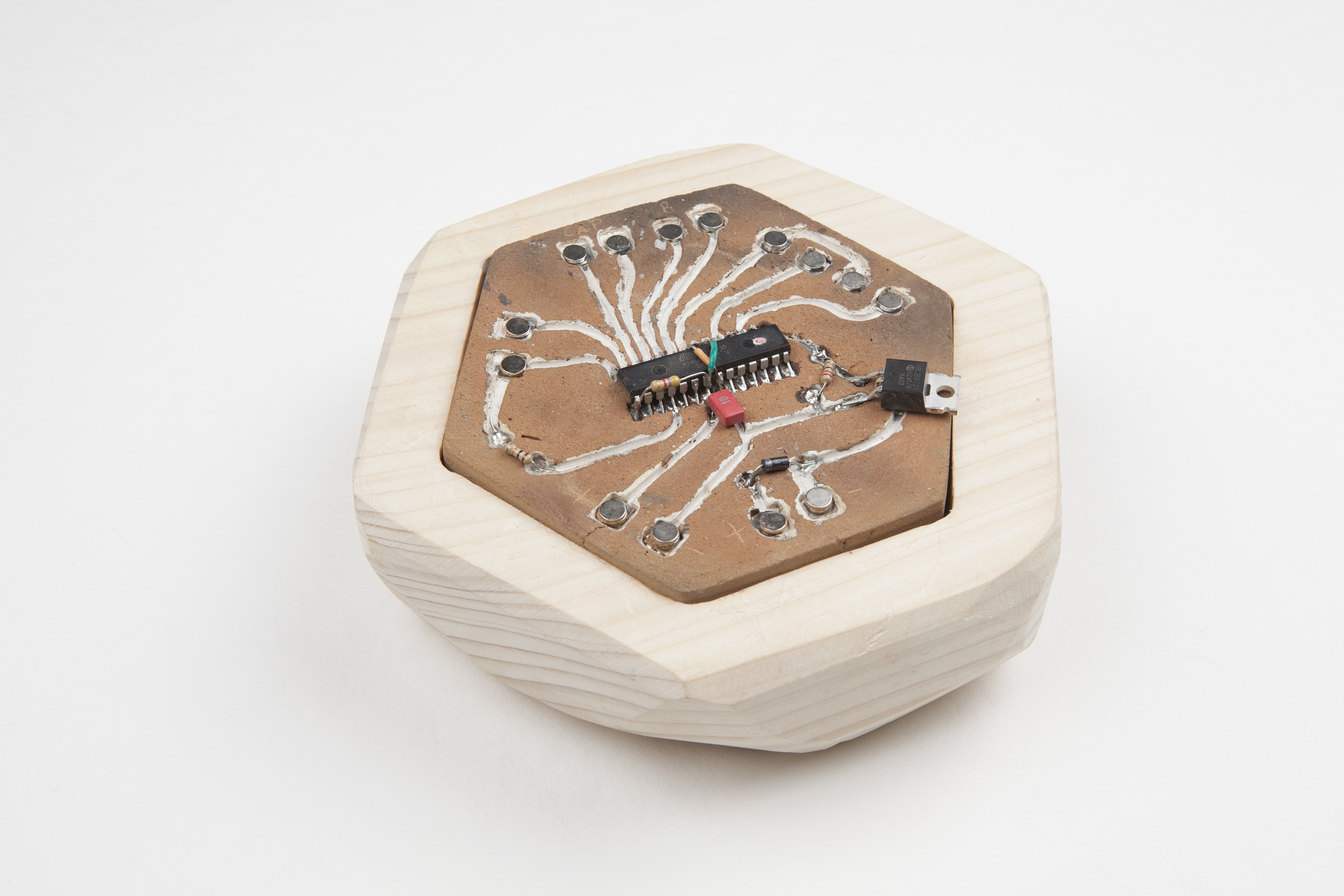
During our arts-based research we learned about the principles of de-growth and educated ourselves about our complicity in toxic global commodity chains. Decolonising hardware means making sharing your priority (Tungstall, 2023, p. 69). So we initiated several platforms to put our approach up for debate. We shared our concepts in the form of articles, but also manuals and tutorials.
We came up with rules or standards for Feminist Hardware that basically act against hardware that relies on extraction, exploitation, and colonisation. And enables a playful, speculative and hopeful approach towards alternative solutions.
Feminist hardware is developed:
We came up with rules or standards for Feminist Hardware that basically act against hardware that relies on extraction, exploitation, and colonisation. And enables a playful, speculative and hopeful approach towards alternative solutions.
Feminist hardware is developed:
- Without mining in harmful ways
- Environmentally friendly
- Under fair working conditions
- Manufactured from widespread available materials
- Without generating e-waste
- With consent, love and care
As media artists we usually work with hardware such as computers and other electrical devices. To decolonise our practice we had to go beyond demystifying the black box of this hardware, as feminist hacking implies, and dive deeper into understanding the basic elements these circuits and chips are made of. This journey took us virtually to many places, from gold mines in Indonesia to upcycle workshops in Cuba and e-waste landfills in Ghana.
How can we knit a tentative narrative of future decolonial hardware? We propose that tech must be created through an entanglement of hacking, science and activism. It is our desire that it leads to the sovereignty of countries that export raw minerals and import toxic waste. It would stop powerful nations preventing peace in regions rich in resources (Yusuff, 2019). But it is not just geopolitical tensions that need to de-escalate. We also need to consider humans and non-humans as being 'in this together’ – as players who are equally essential to collective survival (Braidotti, 2020). The unorthodox step to abolish status quo hardware opened our minds to more ethical alternatives. Our interlocked gaze at the big five tech companies and their imposed ecologies prevents us from recognising more promising approaches. Artists take on a pioneering role here, because they navigate outside market logic, within a bubble ruled by semiotics and gallerists. A de-growth approach to building electric circuits does not throw us back to the Stone Age. But we should acknowledge that the way people lived their lives then allowed future generations to thrive. Building technologies in a slow, local, decentralised, transparent way (keeping in mind local experience/wisdom/shortcomings) also helps to implement solutions to site-specific issues, and temporary changes, eventually functioning better than 'one-tech-fits-all’ off-the-shelf hardware. Essential for this shift towards a new form of decentralised, de-growth, life-affirming technology is to establish decolonial computing as our new standard. Our research on feminist hardware has confirmed our hypothesis, that it is in fact possible to create ethical technology. One that rewards peaceful coexistence and not capitalist exploitation.



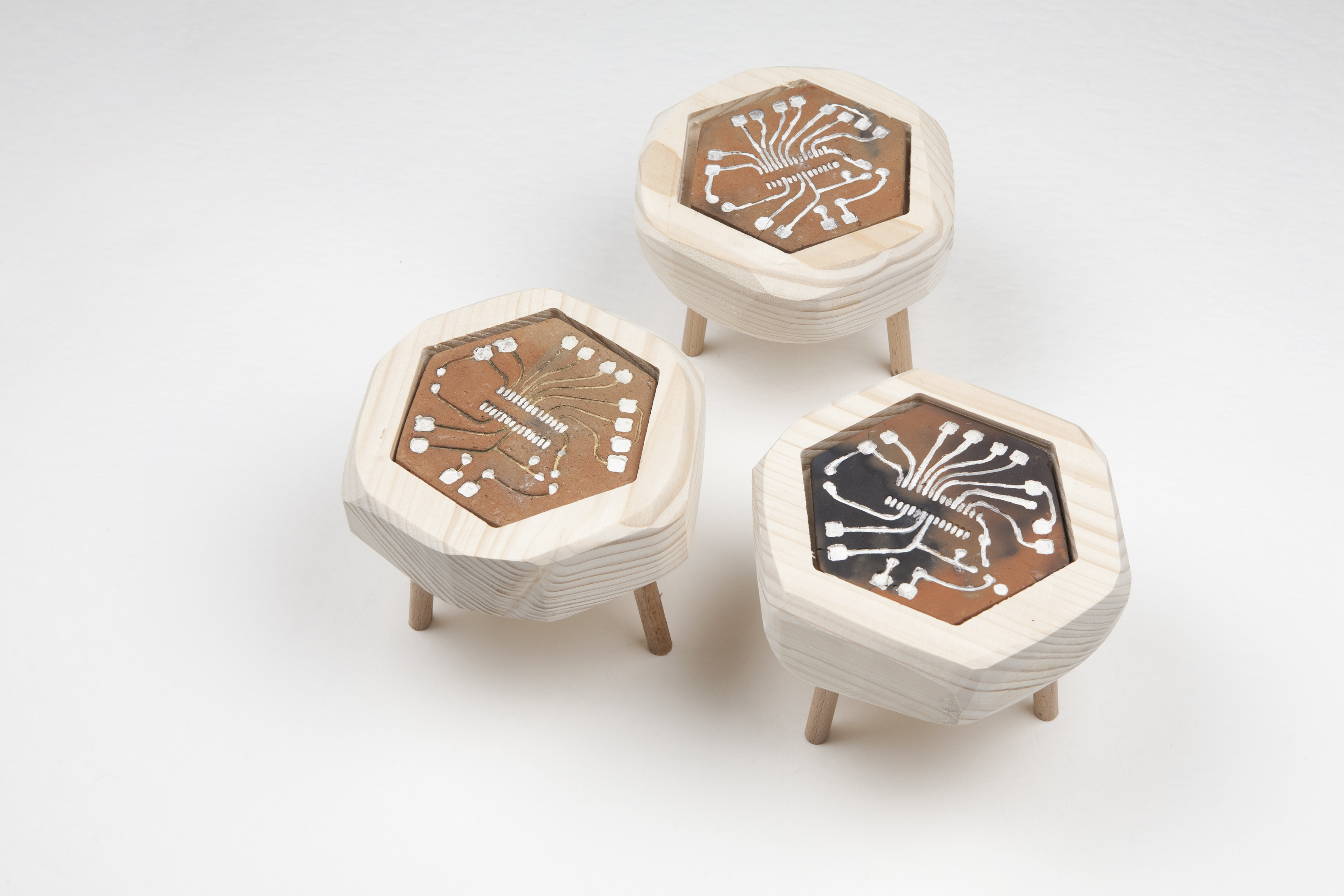

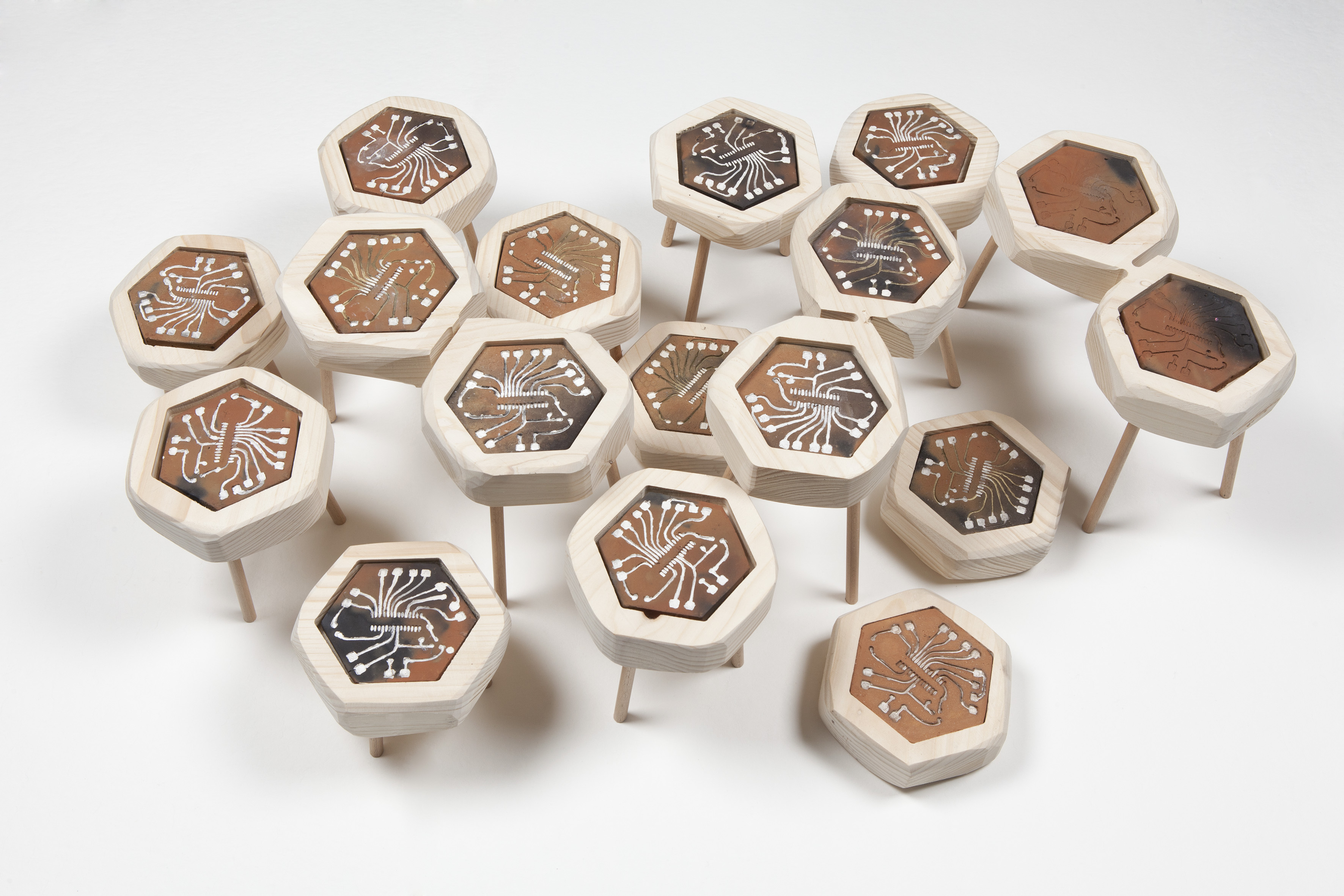


Photos © Janie Schranz